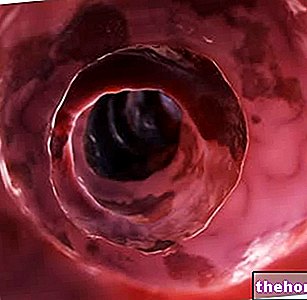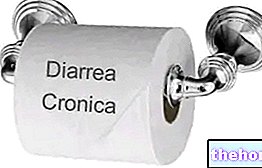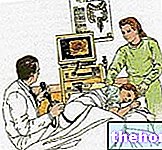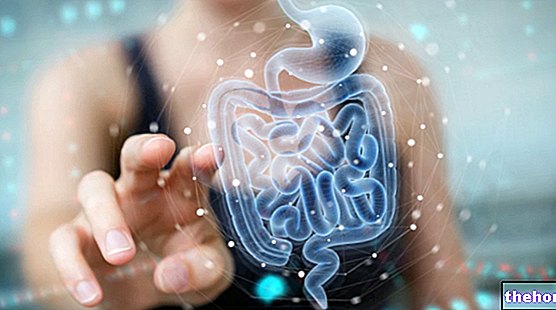Pay more attention to defecation
The external anal sphincter allows the person to ignore the urge to defecate until the time and place become appropriate. Repeatedly ignoring this stimulus can cause alterations in the defecation reflex to the point of compromising the perception of the stimulus.

An excessive thrust during defecation, in addition to hindering the evacuation itself (by reflex closure of the anal canal), favors the appearance of problems such as hemorrhoids and prolapse.
The use of the Turkish bath (crouched position) facilitates evacuation and helps to combat constipation. Defecation can also be favored by a lift under the feet, a lower toilet or a position in which the torso leans forward resting on the thighs.
In any case, it is important that defecation is a spontaneous act, carried out with the minimum necessary push. If you suffer from constipation and feel the urge to defecate, go to the bathroom, without haste, if possible take one of the positions described above and wait for the feces to be expelled spontaneously, exhaling slowly. Once defecation has begun, contract (without exaggerating) the abdominal and diaphragmatic muscles in order to facilitate emptying of the rectum.
Constipation and laxatives
Every year, in Italy alone, 130 million euros are spent on the purchase of laxatives. This figure shows how too often this do-it-yourself remedy is used indiscriminately to solve constipation problems.
Laxatives act by improving the symptom but do not remove the disturbance at the origin of constipation, sometimes delaying the diagnosis of the disease. If used chronically, laxatives also lose their effectiveness, so much so as to require gradually increasing doses until the association of more drugs. This obviously does not benefit our body, causing both physical and psychological addiction.
The use of laxatives in the treatment of constipation is justified only when the effort can exacerbate pathological conditions such as angina, haemorrhoids or drug-induced constipation. The use of these therapeutic agents is also essential to initiate the patient to radiological or surgical interventions.
In case of constipation, however, the chronic use of laxatives should be avoided (max 10 days). The abuse of these products can cause abdominal cramps and colic, addiction, colon atony, electrolyte imbalances (hypokalaemia) and disturb the absorption of vitamins. and minerals in the intestine. Laxatives in fact tend to prevent intestinal reabsorption of water causing dehydration and, in the most serious cases, vascular accidents.
Even in the presence of chronic constipation, the main rule is therefore to take laxatives only under medical supervision. For example, lactulose, a widely used laxative, in people with an overgrowth of bacteria in the small intestine produces indrogen and significant bloating, aggravating the situation.
Laxatives are also not free from drug interactions: these products reduce the absorption, therefore the bioavailability of other drugs administered at the same time. In particular, laxatives should not be taken together with diuretics, cardioactive glycosides and corticosteroids since they could exacerbate the adverse effects ( hypokalaemia, dehydration, metabolic acidosis)
Laxatives should also not be used in case of inflammatory diseases of the gastrointestinal tract such as Crohn's disease, ulcerative colitis, gastrointestinal perforations, nor during pregnancy or breastfeeding.
Classification of laxatives and side effects of their abuse:
- Mass-forming (bran, methylcellulose, ispaghula, agar, sterculia gum) and lactulose: modest side effects such as gas formation, abdominal bloating, osteoporosis, anemia; some products are to be avoided in case of gluten intolerance.
- Osmotics: sodium and / or magnesium salts, non-absorbable disaccharides (polyalcohols), solutions with polyethylene glycol: they absorb water making the stool softer but can cause dehydration, cramps and abdominal colic.
- Contact laxatives or stimulants: prevent the natural reabsorption of water and electrolytes by the intestinal mucosa causing dehydration, irritation and electrolyte imbalances (castor oil, anthraquinone derivatives, diphenylmethane derivatives).
- Emollients: glycerin, mineral oils (vaseline oil, peanut oil, docusate sodium): few side effects are useful especially in case of painful defecation due to the presence of fissures and / or hemorrhoids.
See also: Constipation or Constipation
Other articles on "Cure for constipation"
- Diet and constipation
- Constipation
- constipation
- constipation therapy
- Constipation - Drugs to Treat Constipation




























